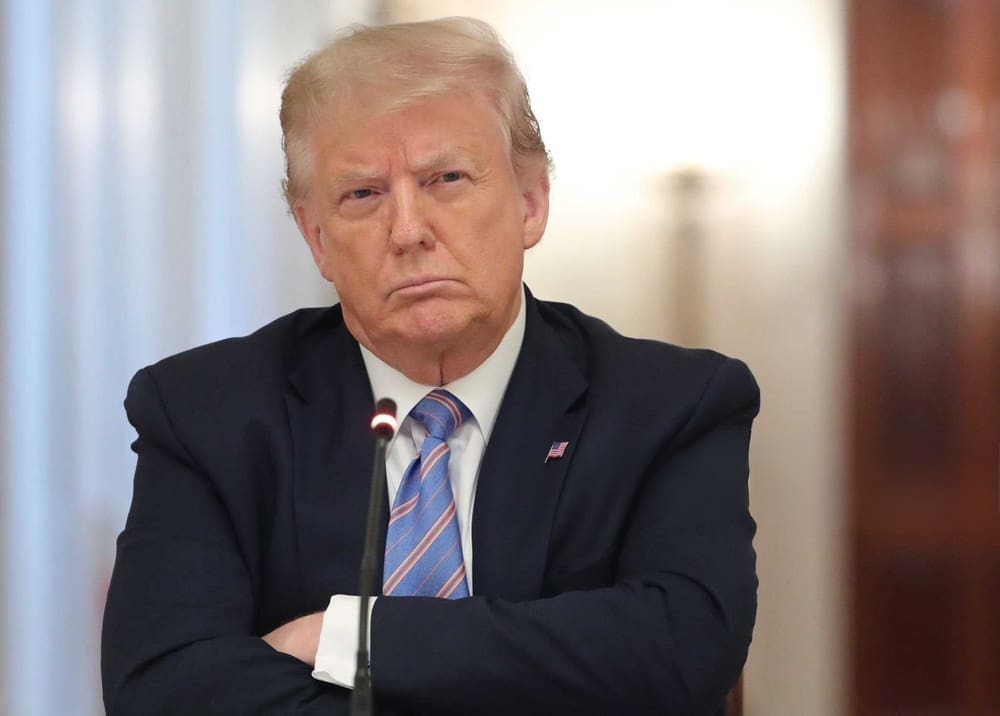The recent filing of a lawsuit in Florida challenging President Donald Trump’s newly announced tariffs marks a significant legal response to policies anticipated to increase consumer costs in the United States and impact financial markets. While legal challenges were expected given the economic implications, the involvement of the New Civil Liberties Alliance (NCLA), a group previously supportive of Trump’s executive power, adds a surprising dimension to the case.
The lawsuit, titled Emily Ley Paper v. Trump, reflects a growing movement among conservative intellectuals and media commentators to oppose the tariffs. This includes efforts by prominent figures such as George Mason law professor Ilya Somin and writer Ben Shapiro, who have criticized the tariffs as a financial burden on American consumers. The case underscores the influence of conservative legal perspectives on judicial decisions, especially within a Supreme Court dominated by Republican-appointed justices.
Historically, judges have shown receptiveness to the views of legal and media elites, as seen during President Barack Obama’s tenure when conservative judges swiftly aligned against the Affordable Care Act. This trend highlights the potential impact of public statements by conservative leaders on judicial outcomes. As legal challenges to Trump’s tariffs unfold, the focus turns to whether the Supreme Court will apply doctrines like the major questions doctrine, which scrutinizes significant executive actions, to these tariffs.
This doctrine has previously been used to challenge Democratic policies, raising questions about its potential application to a Republican administration’s initiatives. The legal landscape remains complex, with the Supreme Court’s stance on executive power seemingly influenced by partisan considerations. The reaction of elected Republicans to the tariffs, and their willingness to side with legal critics, could play a crucial role in shaping judicial decisions.
The Evolving Landscape
- Consumer Costs: The tariffs are predicted to increase the price of goods, affecting household budgets and economic stability for many Americans.
- Judicial Precedents: The case tests the boundaries of judicial power in overturning executive actions, potentially redefining the balance between branches of government.
- Political Dynamics: The legal challenge may influence the political landscape, affecting Republican positions and strategies in upcoming elections.
- Economic Implications: Anticipated market disruptions from the tariffs could impact employment, investment, and economic growth in various sectors.
- Public Opinion: As constituents feel the economic impact, public sentiment may shift, prompting elected officials to reconsider their stance on the tariffs.














